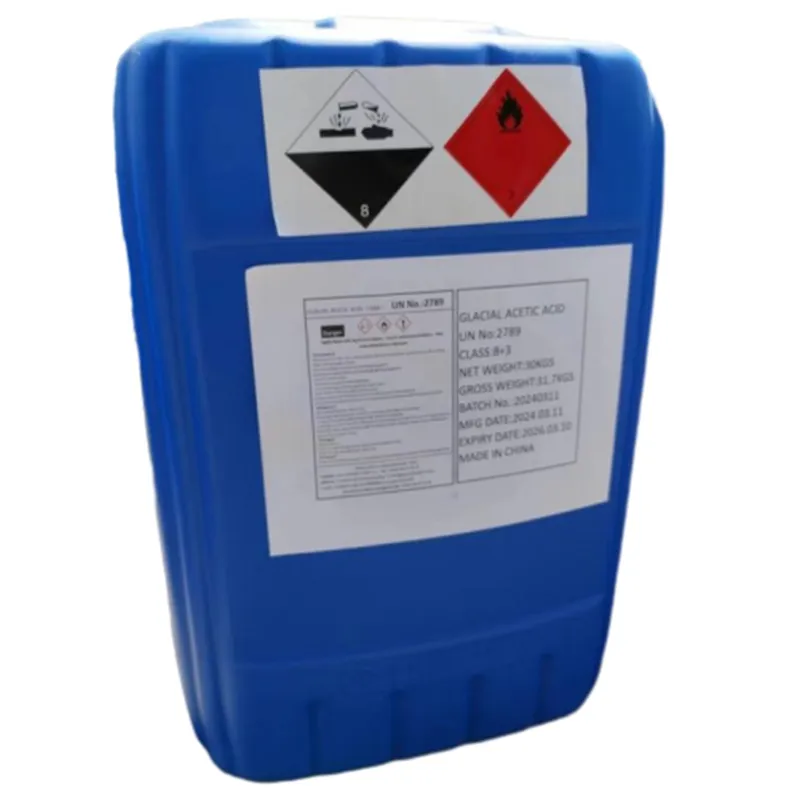
Understanding the Benefits and Uses of Potash Fertilizers in Modern Agriculture
Understanding Potash Fertilizers A Key to Agricultural Success
Potash, a term commonly used in agriculture, refers to potassium-containing salts that are vital for plant growth and development. As a key nutrient, potassium (K) plays a critical role in multiple physiological processes in plants, making potash fertilizers essential for modern agriculture. This article delves into the importance, types, application methods, and benefits of potash fertilizers, offering insights into their role in enhancing crop yields and supporting sustainable farming practices.
Importance of Potassium in Plant Growth
Potassium is one of the three primary macronutrients necessary for plant health, along with nitrogen (N) and phosphorus (P). It directly influences several important functions in plants
1. Water Regulation Potassium helps to regulate the movement of water and nutrients within plant cells. It plays a key role in the opening and closing of stomata, thus aiding in transpiration and maintaining hydration.
2. Enzyme Activation Many enzymes involved in photosynthesis and respiration are activated by potassium, making it crucial for energy transfer and overall metabolic processes.
3. Stress Resistance Adequate potassium levels enhance a plant's ability to withstand environmental stressors, including drought, disease, and extreme temperatures. This makes crops more resilient and capable of surviving adverse conditions.
4. Fruit Quality Potassium is known to improve the quality of fruits and vegetables, enhancing their size, taste, and nutritional value. This not only benefits farmers through better market prices but also supports consumer health.
Types of Potash Fertilizers
Potash fertilizers are commonly available in various forms, with the most widely used being
1. Muriate of Potash (KCl) This is the most prevalent potash fertilizer, consisting of approximately 60-62% potassium. It is popular because of its high potassium content and affordability.
2. Sulfate of Potash (K2SO4) Known for its lower chlorine content, sulfate of potash is preferred for sensitive crops such as fruits and vegetables. It provides both potassium and sulfur, another essential nutrient.
3. Potassium Nitrate (KNO3) This soluble fertilizer supplies both potassium and nitrogen. It is often used in high-value crops where fast nutrient uptake is critical.
4. Langbeinite (K2Ca2Mg(SO4)3) This natural mineral provides potassium, calcium, and magnesium. It is beneficial for soils that require additional micronutrients.
potash fertilizer

Application Methods
The effective application of potash fertilizers can significantly influence their efficiency and the resultant crop yield. Several application methods exist, including
1. Broadcasting This involves spreading the fertilizer uniformly across the soil surface. It is a common practice for large-scale agriculture and can be done before planting or during the growing season.
2. Banding Potash fertilizers can be placed in bands below or beside the seed during planting. This method ensures that nutrients are readily available to young plants.
3. Foliar Application In some cases, potassium can be applied directly to the leaves of plants. This method is effective for correcting nutrient deficiencies during critical growth stages.
Benefits of Using Potash Fertilizers
The application of potash fertilizers offers several advantages for farmers
1. Increased Yields Regular use of potash can lead to significant increases in crop yields, allowing farmers to maximize their harvest and profit.
2. Enhanced Quality Potash contributes to better quality produce, which can support higher market values and meet consumer demand for superior fruits and vegetables.
3. Improved Soil Health Potassium helps maintain soil structure and promotes the activity of beneficial microorganisms, ultimately enhancing overall soil fertility.
4. Sustainable Agriculture The judicious use of potash fertilizers is aligned with sustainable farming practices. They help improve crop sustainability by reducing the need for excessive water and chemical pesticides.
Conclusion
In summary, potash fertilizers are an indispensable component of modern agriculture, offering essential potassium that boosts plant growth and resilience. With various types available and multiple application methods, farmers can tailor their use of potash to maximize benefits while promoting sustainable agricultural practices. In a world increasingly focused on food security and environmental stewardship, understanding and effectively utilizing potash fertilizers will remain crucial for the future of farming.
-
Buy High-Quality Trichloroisocyanuric Acid for Sale | TCCA 90% SupplierNewsAug.30,2025
-
Pure Sodium Dichloroisocyanurate Dihydrate | Powerful DisinfectantNewsAug.29,2025
-
Industrial Chemicals: Quality & Purity for Every IndustryNewsAug.28,2025
-
Nitrile Rubber Honoring Strict Production StandardsNewsAug.22,2025
-
Aspartame Ingredients Honoring Food Safety ValuesNewsAug.22,2025
-
Fertilizer for Balanced Plant NutritionNewsAug.22,2025
-
Cyanide Gold Processing with High Purity AdditivesNewsAug.22,2025
Hebei Tenger Chemical Technology Co., Ltd. focuses on the chemical industry and is committed to the export service of chemical raw materials.
-

view more DiethanolisopropanolamineIn the ever-growing field of chemical solutions, diethanolisopropanolamine (DEIPA) stands out as a versatile and important compound. Due to its unique chemical structure and properties, DEIPA is of interest to various industries including construction, personal care, and agriculture. -

view more TriisopropanolamineTriisopropanolamine (TIPA) alkanol amine substance, is a kind of alcohol amine compound with amino and alcohol hydroxyl, and because of its molecules contains both amino and hydroxyl. -

view more Tetramethyl Thiuram DisulfideTetramethyl thiuram disulfide, also known as TMTD, is a white to light-yellow powder with a distinct sulfur-like odor. It is soluble in organic solvents such as benzene, acetone, and ethyl acetate, making it highly versatile for use in different formulations. TMTD is known for its excellent vulcanization acceleration properties, which makes it a key ingredient in the production of rubber products. Additionally, it acts as an effective fungicide and bactericide, making it valuable in agricultural applications. Its high purity and stability ensure consistent performance, making it a preferred choice for manufacturers across various industries.





